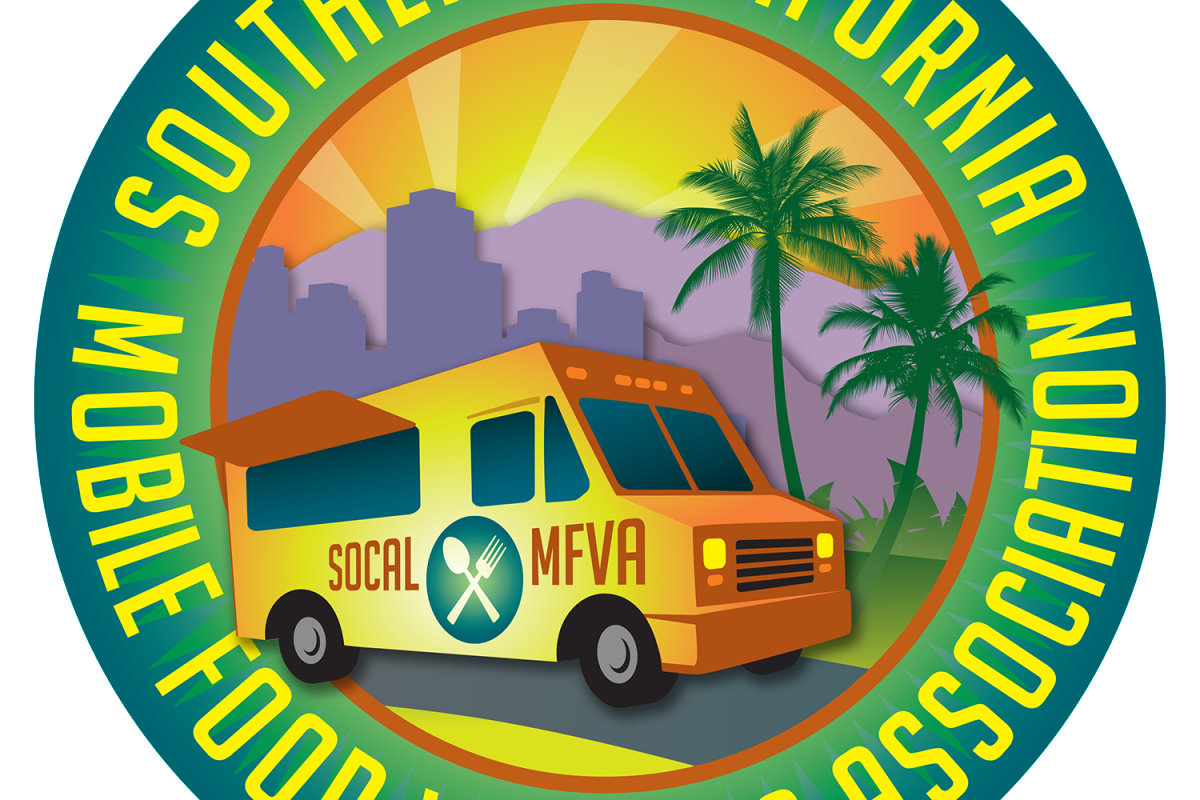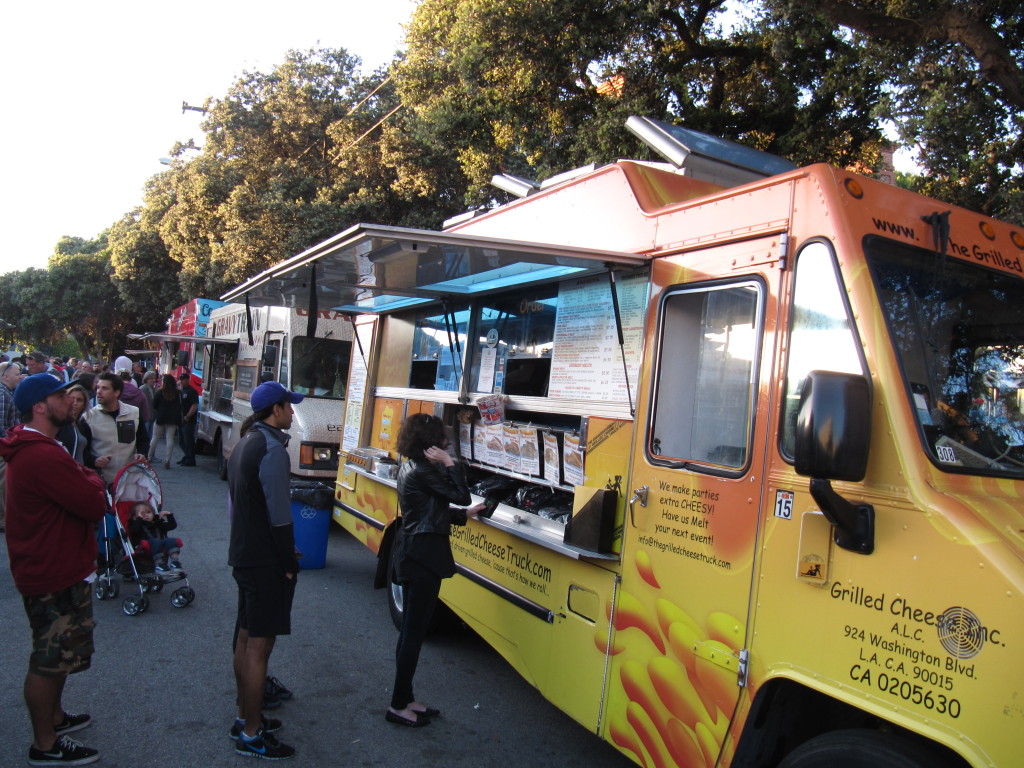Food trucks paving the way
The New York times recently released a 52 places to go in 2014 list. Downtown Los Angeles ranked number five in the world of must-see places. Say that last line out loud because it’s hard to believe. Because of its incredible food scene, Downtown LA is a must-see destination for world and local travelers. How did Downtown Los Angeles and LA in general become such food mecca? The answer is simple, Los Angeles and California in general, support independent food producers and sellers.
In 1978, Governor Jerry Brown signed the Direct Marketing Act that allowed for Certified Farmers Markets (CFMs) to sell their own produce to consumers in locations that were deemed appropriate by the Department of Agriculture. The first Farmers Market in Los Angeles was sponsored by the Interfaith Hunger Coalition in 1979 in a small parking lot consisting of 4 vendors in Gardena. From there, Farmers Markets have grown statewide to include over 700 weekly markets. This support for independent food producers started a statewide trend.
Growing out of these Farmers Markets were also temporary tent vendors. These vendors were able to sell food prepared on site with a temporary food facilities permit (in conjunction with a community event permit) to enhance the environment of their particular farmers markets. It gave independents an opportunity to serve the public without having to open their own restaurants. Non farmers market food events also flourished in Los Angeles with arts and crafts, activities and more food! All of these types of events gave independents more opportunities to bring their cuisine to the masses.
Los Angeles has a rich street food history starting with horse drawn tamale carriages in the late 1800s. The food truck industry got a boost in the 1970s with the modern day food truck that was essentially a kitchen on wheels. These new food trucks allowed owners to prepare and serve straight from a vehicle. Independent food producers with dreams of opening a restaurant could start with a truck to hone their skills and serve the people. In 1985, California passed Cal Vehicle Code 22455 which restricted a city’s power to regulate vendors. Regulations have to be public safety oriented. That meant that a city could not impose arbitrary anti-competitive regulations on vendors. The explosion of the modern food truck industry (starting with Kogi) has been able to grow and thrive because California and Los Angeles by extension, doesn’t hamper independent food producers. Of course, in the beginning of the modern food truck industry there were some battles. The SoCalMFVA was at the forefront in fighting for food truck rights using statutes and case law from the preceding generation to obtain rights and freedom from regulations that were not public safety or public health oriented.
So what does this all have to do with Los Angeles being a top food destination? I’m glad you asked…. Los Angeles supports independents. Like so many other industries, innovation comes from the fringes, the independents, and people who are least restricted by monied interests. Los Angeles has an environment that supports restaurants, food trucks, farmer’s markets, tent vendors and as of last year, cottage food producers. The culinary landscape is spurred by innovation and competition. Large restaurant groups can’t relax. They’re constantly being challenged by the next best thing, which could be coming from a tent vendor a food truck or even a cottage food producer.
Los Angeles’s culinary scene will continue to expand while other cities that are controlled by strong restaurant interests will decline. Any food industry that does not support independents will, in the long run, go into decline. Other cities should look long and hard at how they support their culinary scenes. Consumers should demand that their local government enhance and promote competition. Anti-competitive laws that stunt competition in the interest of entrenched businesses, will inevitably hurt any industry. If a city has anti-competitive regulations, than they should really rethink their model.




Leave a Reply